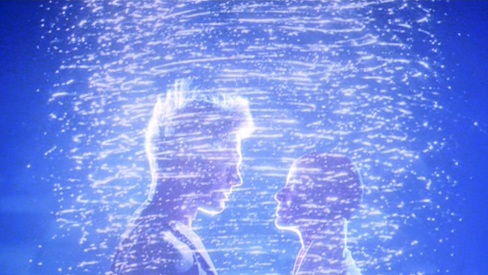Let's start the year with a religious post and attempt to address the late Christopher Hitchens's "impossible question."
The question is, "I challenge you to find one good or noble thing which cannot be accomplished without religion." Or name something good a believer can do that an Atheist cannot.
I found two answers by Christians on YouTube here and here. There is one by W. L. Craig on the internet somewhere.Years ago, I read Prof. Dawkins's The God Delusion where he suggested that we create a believing machine to get around the obvious answer to this question: only believers can believe in God, only believers can love God with all their heart, soul, and strength. According to Dawkins, the machine could believe in God for us so we can go about our business. Prof. Dawkins also derided parents who taught their impressionable children about any religion, especially Christianity with its belief in hell: it is on par with physical child abuse.
From this alone, I can report that no Atheist, or non-theist could believe or teach positively about the Judeo-Christian God, the only living and true God.
But is this good?
I'm part of a non-denominational Habitat-for-Humanity-like apostolate called Good Works in a poor part of PA. At the beginning of the work day, we have a small talk that comes from the Bible and ask for prayer requests. We then pray together with the home owner before we work at the worksite. If someone is not Christian, they can come to the work site after this. From my observation, the Christians show up more often than the non-Christians to work on the houses.
St. Mother Theresa of Calcutta always made it a priority to pray and attend mass before helping the poorest of the poor, to take scheduled breaks for this throughout the day. I'm not Mother Theresa, but it says something that belief in God motivates more consistent and harder work for the poor who are Jesus in disguise (Matthew 25: 31-46).
However, this does not actually address the most important action: loving God Himself. Love requires action. We do this by receiving Jesus bodily into ourselves in the sacrament of Communion and being forgiven in the sacrament of Reconciliation. No non-theist would ever do this in Truth, only mock and/or invert it.
I wonder why debaters against Hitchens didn't say this type of answer every time? Where they afraid that Hitchens would shoot them down? Could it perhaps be that most were Protestant, who believe in sola fides? Love requires more than faith; it requires works, some only Christians can do.





